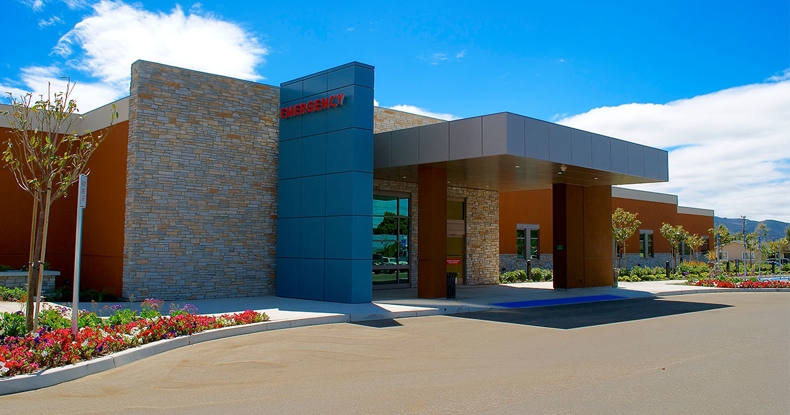Know About Immunizations
- Category: Health & Wellness, Infection Prevention
- Posted On:
- Written By: Hongxia “Helen” Tong

The important role vaccines play in preventing serious -- sometimes deadly -- contagious diseases has been a key topic of conversation since the speedy production of COVID-19 vaccines. Healthcare providers strongly encourage people of all ages to make sure they are up-to-date on all their vaccines.
The very first vaccine, the Smallpox vaccine, was developed by Dr. Edward Jenner in 1796. Since then, human beings have benefited from vaccines for more than 200 years. Diseases that used to be common, such as polio, measles, diphtheria, pertussis (whooping cough), rubella (German measles), mumps, tetanus, rotavirus, pneumococcal disease, and flu, can now be prevented by vaccination. Over the years, vaccines have prevented countless cases of disease and saved millions of lives. Because of vaccines, the life span of Americans has increased by more than 30 years.
It is always better to prevent a disease than to treat it after it occurs. According to the National Foundation for Infectious Diseases, there are 10 reasons why people need to be vaccinated:
- Vaccine-preventable diseases haven’t gone away.
The viruses and bacteria that cause illness and death still exist and can be passed on to those not protected by vaccines. - Vaccines will help keep you healthy.
The Centers for Disease Control and Prevention (CDC) recommends vaccinations throughout your life to protect against many infections. - Vaccines are as important to your overall health as diet and exercise.
Like eating healthy foods, exercising, and getting regular check-ups, vaccines play a vital role in keeping you healthy. - Vaccination can mean the difference between life and death.
Vaccine-preventable infections are dangerous. Every year, approximately 50,000 adults die from vaccine-preventable diseases in the U.S. - Vaccines are safe.
The U.S. has the best post-licensure surveillance system in the world, making vaccines extremely safe. - Vaccines won’t give you the disease they are designed to prevent.
You cannot “catch” the disease from the vaccine. Some vaccines contain “killed” viruses, and it is impossible to get the disease from them. Others have life but weakened viruses designed to ensure that you cannot catch the disease. - Young and healthy people can get very sick, too.
Infants and the elderly are at a greater risk for serious infections and complications in many cases, but vaccine-preventable diseases can strike anyone. If you’re young and healthy, getting vaccinated can help you stay healthy. - Vaccine-preventable diseases are expensive.
An average influenza illness can last up to 15 days, typically with five or six missed workdays. Adults who get Hepatitis A lose an average of one month of work. - When you get sick, your children, grandchildren, and parents are at risk, too.
A vaccine-preventable disease that might make you sick for a week or two could prove deadly for your children, grandchildren, or parents if it spreads to them. When you get vaccinated, you’re protecting yourself and your family. - Your family and co-workers need you.
In the U.S., each year, millions of adults get sick from vaccine-preventable diseases, causing them to miss work and leaving them unable to care for those who depend on them.
Be sure to check with your healthcare provider about the most current vaccines or any updates you may need. Remember, when fall arrives, it's important to get your annual flu vaccine. Flu vaccination can reduce flu illnesses, doctors' visits, flu-related hospitalizations, missed work, and school. The more people who get vaccinated, the more people will be protected. Don't wait. Vaccinate!
You can find more information about vaccines at cdc.gov/vaccines.






